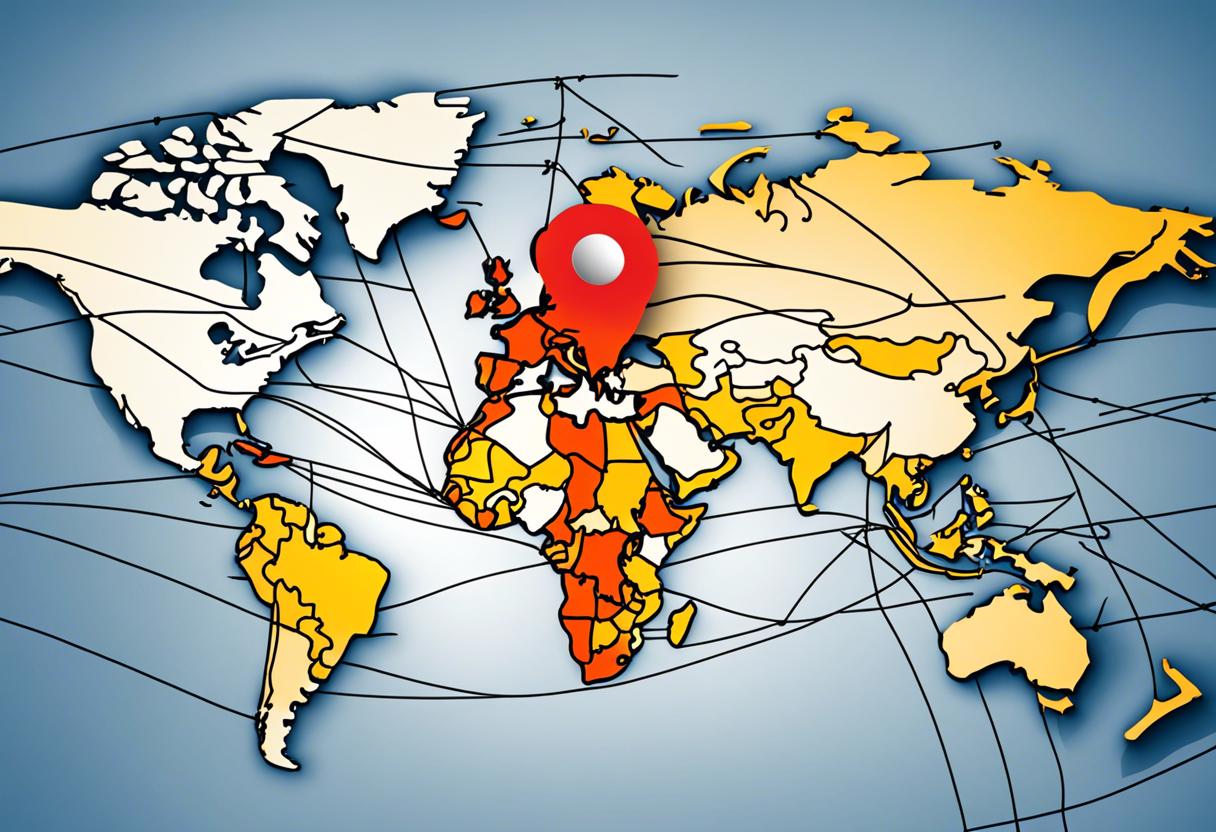Nearly half of business heads anticipate that disruptions to the supply chain will rise until 2030, according to research by PwC. Only a small fraction, 8 per cent, of those in the leadership positions have thoroughly reconstructed their supply chains to tackle these disturbances.
As per the results from PwC’s Global Reinventing Supply Chains 2030, the primary sources of worldwide supply chain disturbances are political crises, technological progress including Artificial Intelligence (AI), and climate change. An overwhelming 92 per cent of participants confessed their supply chains are not entirely prepared to back service-centric business models or provide their clientele with sustainable solutions. Just 4 per cent have completely updated their supply chains considering the latest technology available.
Just under two in five companies estimate that AI will have a lasting positive effect on their supply chain. The research underscored the urgency for enterprises to reconsider their supply chain and incorporate strategies such as enhancing transparency, integrating AI and robotics, and partnering with stakeholders to promptly resolve problems.
The study also revealed the prevailing ambiguity regarding businesses’ capability to transition to environmentally friendly practices. It was found that 40 per cent of the organisations recognise environmental compliance of their supply chains as a significant disruption, both presently and in the future, with only 12 per cent of the organisations claiming their supply chains have been thoroughly redesigned to accord with ESG parameters.
Áine Brassill, the partner of supply chain and operations transformation at PwC, emphasised that regulatory requirements are being intensified globally while customers increasingly expect companies to strengthen their environment and social efforts. Companies, she adds, must adhere to environmental stipulations like the new EU Supply Chain Regulation, but the said compliance presents a choice to make for these companies.
Looking at the human resources aspect, one in four respondents foresee an intensifying disruption to supply chains due to severe talent and workforce scarcity by 2030, which is a significant rise from the 15 per cent reported in 2024. Forty per cent of businesses are currently implementing initiatives to regionalise their supply chains.
According to Mark McKeever, PwC’s director of procurement and supply chain practice, transforming supply chains is a significant challenge that needs to be navigated concurrently with everyday business operations. He further identified the clear opportunity for businesses in Ireland, given its closeness to US and European markets and a robust foreign direct investment ecosystem, which can benefit from a growing trend of companies planning to nearshore elements of their supply chain activities.

